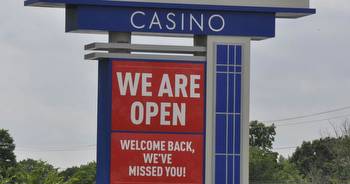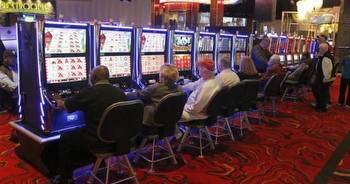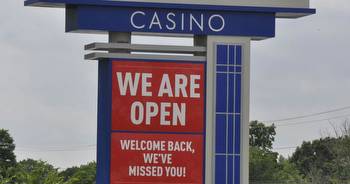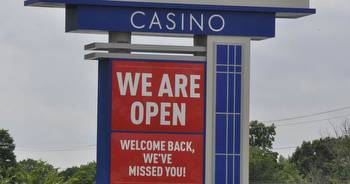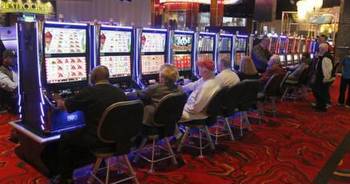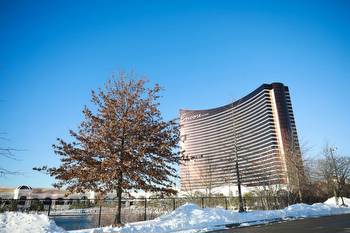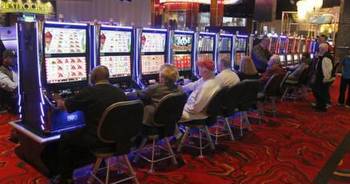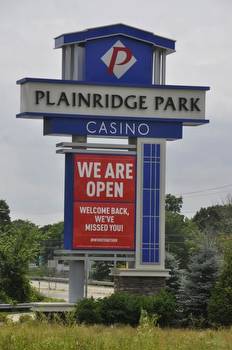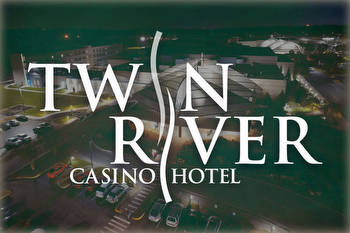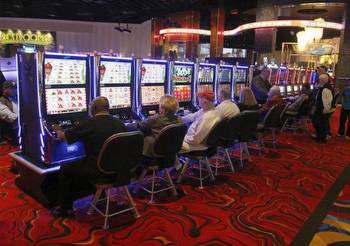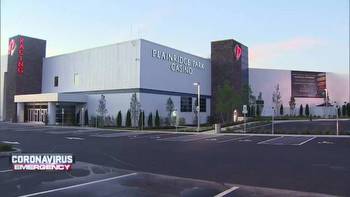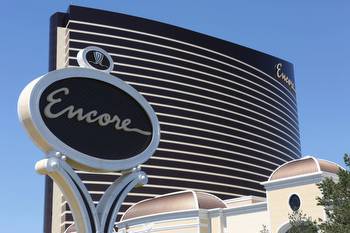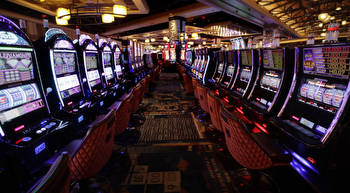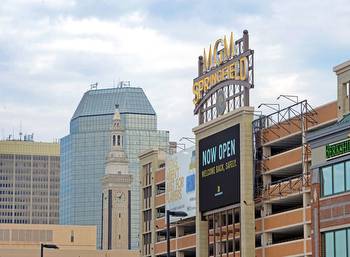Expand slots parlor options to meet R.I. challenge

Having done its best to expand the state’s legalized gaming arena into sports betting, the Legislature’s Joint Committee on Economic Development and Emerging Technologies dedicated much of Tuesday’s hearing on two longstanding proposals to further bolster established Massachusetts gambling options.
The two ideas — allowing table games at the state’s lone slots parlor and slots at Veterans of Foreign Wars halls — have been proposed previously.
Two area state reps believe adding table games at Plainridge Park Casino would help the Plainville slots parlor in its ongoing competition with two nearby Rhode Island gaming facilities for southeastern Massachusetts’ gambling dollars.
That’s why they renewed their support for legislation to authorize — but not require — the Mass. Gaming Commission to allow the slots-only facility to add “up to 30 table games and an additional 250 slot machines.”
“Last session, we were concerned about the opening of the casino in Tiverton, R.I., which happened two years ago. In this session, we also know that Rhode Island is planning a major expansion at Twin River. And that will put Plainridge and my communities at a further competitive disadvantage,” Rep. Jeff Roy, D-Franklin, told the panel.
Gross gaming revenue at Plainridge was down slightly in August — $12.7 million as compared to $13 million in July.
It was the same story at both casinos.
When Massachusetts legalized casino-style gambling a decade ago, lawmakers approved a framework that includes up to three resort-style casinos and one slots parlor, which Plainridge secured over other contenders, including one in Leominster.
Jeff Morris, vice president of public affairs and government relations for Plainridge parent company Penn National Gaming, said his company has “understood it from day one” that it holds a slots-only license and that the license structure was intentionally set as it is.
“However, the one thing that changed that was how Rhode Island responded,” he said. Morris added that the 30 table games would lead to about 175 new jobs at the facility.
Rep. Shawn Dooley, R-Norfolk, told the committee that the success of Plainville slots parlor could serve as sort of a keystone for the region, linking entertainment destinations in neighboring communities — including Gillette Stadium-Patriot Place, the Xfinity Center concert venue in Mansfield and the retail outlets in Wrentham — to their mutual benefit.
Plainridge Park, a Category 2 slots facility, is taxed on 49% of its gross gaming revenue. Of that total taxed amount, 82% goes to local aid and 18% to the Race Horse Development Fund.
We would expect lawmakers in this area of the state to step up to the plate with these proposals.
However, Plainridge’s viability isn’t just a regional concern; it affects the entire state.
Even with that dip in August revenue, those two casinos and slots parlor contributed more than $26 million in taxes to the state treasury.
And Penn National’s commitment — including a one-time $25 million licensing fee and a $250 million capital investment to develop Plainridge Park — also must be protected.
Considering the change in the gambling landscape since Plainridge opened for business, the Gaming Commission should be nimble enough to recognize the revenue threat those Rhode Island casinos pose and equip Plainridge with the requested added amenities to meet that challenge.









